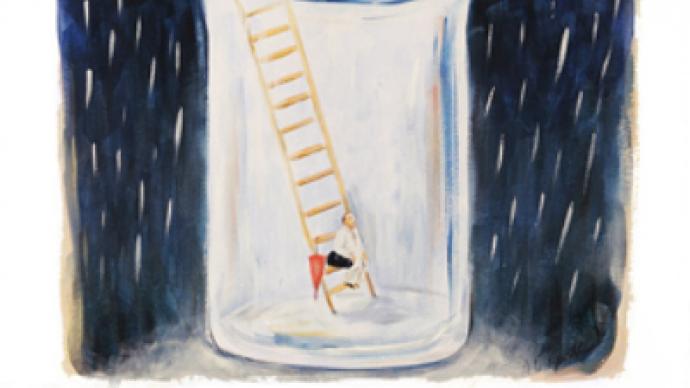Gas dispute casts shadow over Europes energy future

Russia insists Ukraine should pay market price for its supplies in 2009. Even if the two sides settle their differences, the conflict is likely to leave Gazprom and the European Union with a sense of insecurity.
An unpaid debt and a disagreement on pricing for 2009. That’s what led Gazprom to, first, shut off gas supplies to Ukraine, and then, to cut gas transit though the Ukrainian territory, leaving more than a dozen European countries suffering severe gas shortages.
Gazprom accused Ukraine of stealing gas from export pipelines, and insisted on having a multilateral group of independent observers keeping a close eye on transit gas destined for Europe – as a pre-requisite for resuming supplies.
Tatyana Mitrova, from the Centre for Energy Market Studies, says the circumstances mean that the European union needs to become involved.
“There is a special contract for gas supplies to Ukraine, and a special contract for gas transit through Ukraine. In this case it is Ukraine which is completely responsible for all reliable transit, and in this case it is the European Union which somehow should affect the situation as well.”
Until recently, a Soviet legacy meant Russia was selling gas to its neighbors at below the market. In 2006, Gazprom briefly shut off supplies when Ukraine refused to go from just $50 per 1,000 cubic meters of gas to $230. The $95 price tag was a good compromise.
This time, though, Ukraine’s economic chaos means it could not even accept Gazprom’s initial offer of $250, not to mention the European market price, of over $400.
But regardless of what the two sides will settle on, the damage is done. Going forward, the European consumers are likely to try to diversify suppliers, while Russia will speed up the construction of pipelines that bypass Ukraine.
Gazprom’s hopes lie with two projects: the South Stream via the Black Sea and the Nord Stream -running under the Baltic Sea, with the latter being closer to completion.
Ronald Smith, Head of Research at Alfa Bank says, many EU countries fear that, although the new pipelines will allow Russian gas to bypass Ukraine, they will give Russia even greater control over supplies to Europe.
“Some in Europe are going to be hesitant because they don’t want to be more dependent on Russia for gas. In reality, in the end they don’t have much choice. There’s only a few limited sources for meaningful amounts of gas for Europe. Its Europe itself, its Norway, its North Africa and Russia.”
Gazprom says it will build the biggest gas storage in Western Europe. To be located in northern Germany, it will make sure future conflicts with Ukraine don’t leave Gazprom’s European consumers out in the cold.












